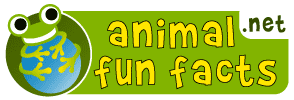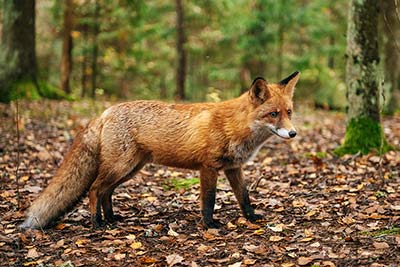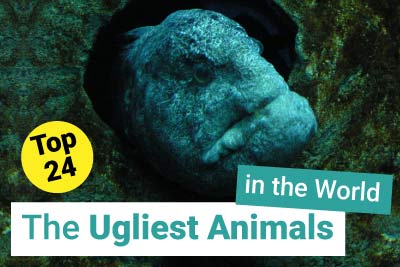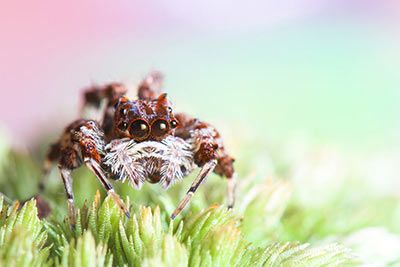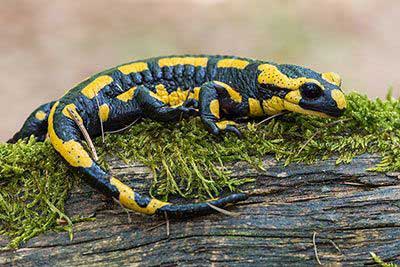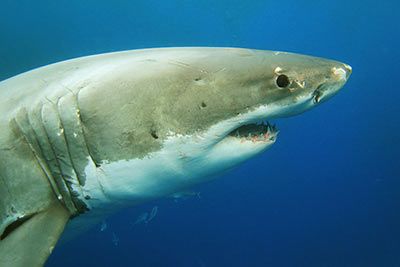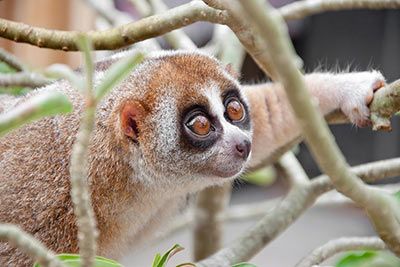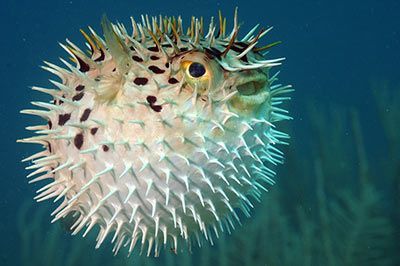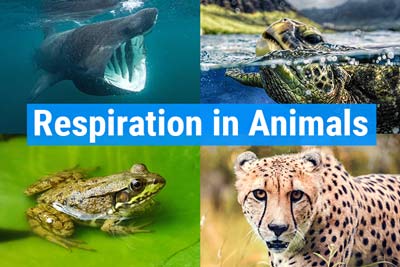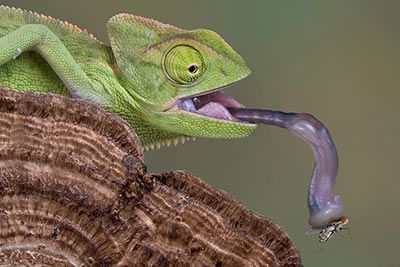Animal Intelligence
What is intelligence? Are animals intelligent? If yes, how do we know?
The term “intelligence” derives from the Latin adjective “intelligens” and means „insightful“ „understanding“. Surprisingly, there is no general definition of intelligence.
Intelligence is the synergy of perceptive faculties, which are also called cognitive abilities (the term will be explained in detail at the end of this article).
Large Brain = High Intelligence?
It is a little bit more complex than this. This would mean that elephants and whales with their huge brains were much more intelligent than human beings. et, the ratio between the brain and the body is also not the decisive factor. The brain of the shrew mouse makes up 10% of its body mass, while its only 2% with humans. But mice are still not smarter than humans. Scientists currently reckon that intelligence relies on the following factors:
• the the speed of information processing in combination with
• the the storage capacity of nerve nets.
Just think of your computer: How useful would it be to be able to store masses of pictures and song files, if it took 10 minutes to start an application? It’s the same the other way round: It would not help much if your computer were able to start applications really quickly but could only store about five pictures. Both capabilities are equally important.

How Can You Tell, Whether Animals Are Intelligent?
Since many years biologists and scientists have tried to find out more about the intelligence of animals. They have set them mental tasks, provided them with tools, or studied their behavior in specific situations.
• Mental Tasks
Intelligence implies the ability to solve mental tasks. A mental task means to reflect on an idea or plan in one’s mind, before actually putting it into action – just like in a chess game, when a player is thinking about the next move.
• Tools
The production and use of tools are also activities that require intelligence. If you use items as tools, you have to be able to understand the interaction between your own body, the tool, and the situation, in order to work out the right solution strategy.
• Behavior
Certain behaviors are also considered intelligent – for instance, if one animal bluffs another one to steal its food. Only those, who are able to perceive things from the perspective of others and can analyze and judge their behavior, are capable of deceiving their fellow creatures. Especially apes, ravens and dolphins are capable of such masterpieces. Here's a list of the world's smartest animals: 16 Smartest Animals in the World!
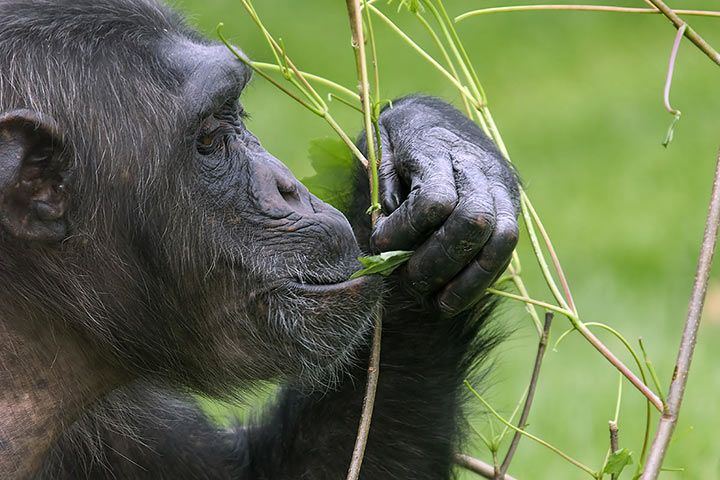
Cognition
In the following, we will explain a few terms that are often used in connection with intelligence.
• What Does Cognition Mean?
The word cognition comes from the Latin language. “Cognitio” means “recognition” and “knowledge”. It is defined as the entirety of all processes related to perception and realization.
• Cognitive Processes
When you learn for school, you consciously gather information, while reading in a textbook on maths or geography for instance. Each person gathers a different amount of information, which partly depends on attentiveness and concentration, but also has physical reasons. Blind people for instance cannot perceive their environment with their eyes. To remember things is also considered a cognitive ability. Some people have quite an extraordinary memory while others have difficulties to remember things.
• Metacognition
“Meta“ derives from the Greek language and means “at the same time“, or “together with“. Metacognition expands the term cognition and stands for the reflection on one’s own perceptions/experiences. This happens when you ask yourself after a lesson if you have understood everything you have learned.
